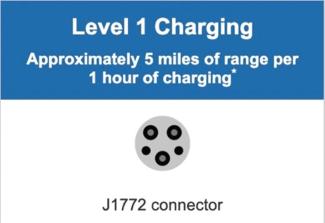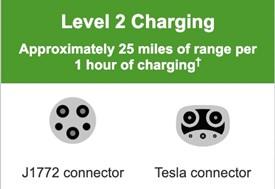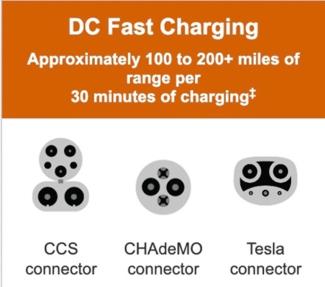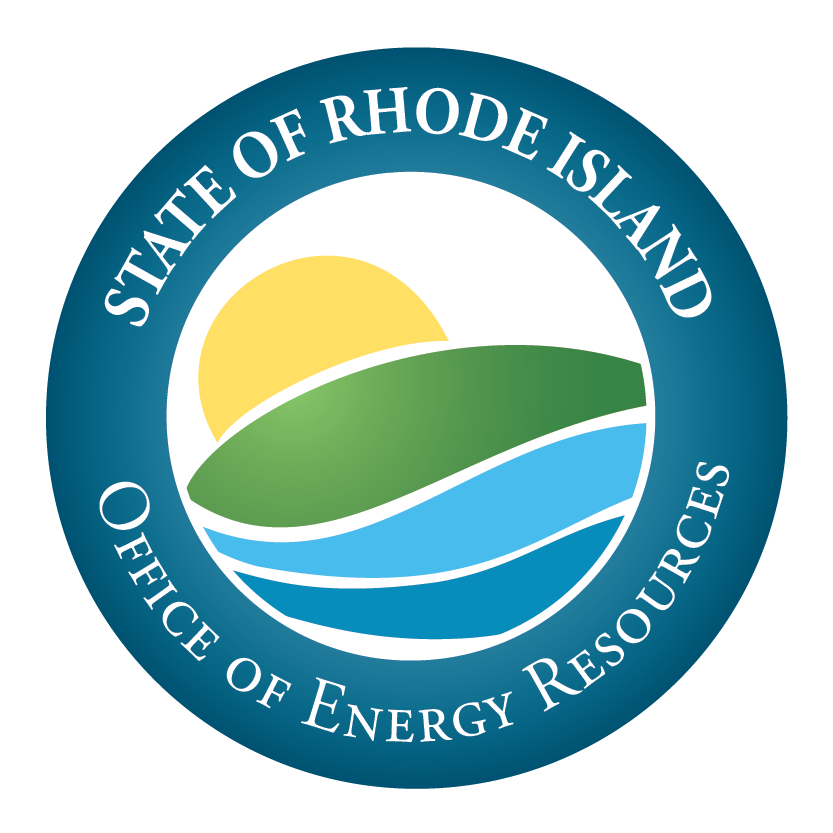EV Charging
Just as gas stations have different levels of fuel quality, charging stations can range between three different levels of charging.
What is Level 1 Charging?

Level 1 Charging provides an average of 5 miles of driving range per hour of charging. This level of charging uses a cord that has a J1772 connector and a standard 3-prong connector. Because of this, these cords can be plugged into most standard wall outlets, making this level of charging perfect for at-home charging without the need to install a higher-volt port. Because this level of charging is better for long charging times, only about 2% of public ports in the US are level 1 charging.
What is Level 2 Charging?

Level 2 Charging provides an average of 25 miles of driving range per hour of charging. This level of charging requires higher voltage ports, either 208V or 240V. Most residential homes have a 240V service available, and due to the increased charging speed, this level can fully charge most electric vehicles overnight. Because of this, the installation of a level 2 charging port is a popular option for many Electric Vehicle owners. This charging time also makes level 2 charging more common for public and workplace applications; Level 2 charging currently makes up about 79.5% of public charging ports. This level of charging also uses a J1772 connector, the standard for EVs. Tesla uses their connector, however, all Tesla vehicles come with a Tesla to J1772 adapter.
What is DC Fast Charging?

DC (Direct-Current) Fast Charging stations can provide between 100 to 200+ miles of range per half hour of charging. This fast charging requires specialized ports which are not common for at-home charging station installations. Instead, these charges are typically found along heavy traffic corridors, accommodating long-distance trips. These types of ports currently make up 18.5% of publicly available charging ports in the US. This level of charging requires a specialized connector, depending on the vehicle. The CCS connector, also known as the SAE J1772 combo, utilizes the same prongs as the standard J1772 connector, with two larger pins on the bottom. CHAdeMO is another type of connector common for DC Fast Charging stations. Although there are slightly more CHAdeMO stations in the US, there are more individual CCS connector ports available. Tesla also has their own charging connector, which is compatible with all Tesla Supercharger stations. In addition, Tesla sells a Tesla to CHAdeMO adapter, although these do not come with the vehicle.
What type of charging can my vehicle use?
To find out what kind of electric vehicle charging station fits your electric vehicle, you should check your vehicle's owner's manual or contact the manufacturer directly to get information on your vehicle's charging capabilities.
You can also look at the charging port on your electric vehicle to determine what type of charging station it can use.
Once you know what type of charging port your vehicle has, you can look for a charging station that is compatible with your vehicle. Many electric vehicle charging stations will have multiple plugs or adapters to accommodate different types of charging ports, but it's always best to double-check before you start charging to avoid any compatibility issues.
Planning a trip?
Check out this awesome map by Northeast AAA to help you plan out your trip: Resources - AAA
Do you want to learn more about EV charging?
Check out this webpage Charging+Range - AAA
